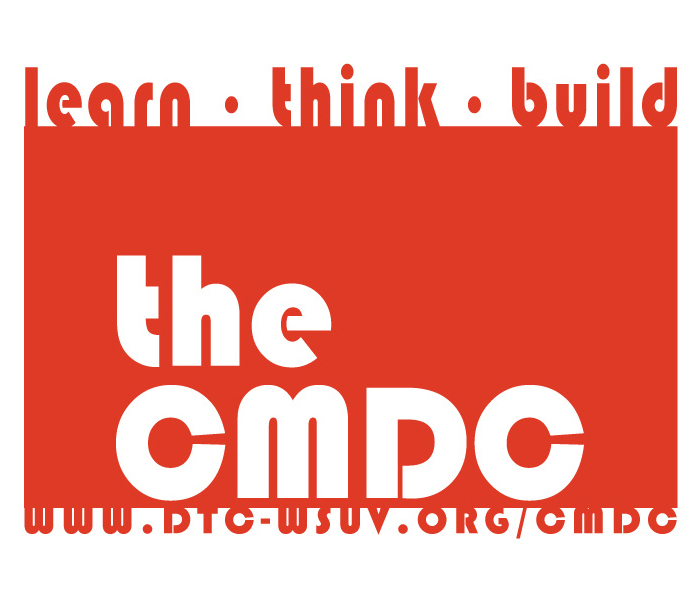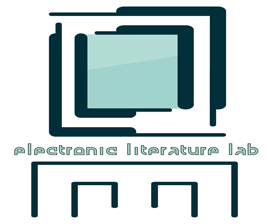Program Requirements

Requirements for the B.A. in Digital Technology & Culture
The DTC major requires 42 credits, divided among foundational, interdisciplinary, and a focused study in Multimedia Authoring. Below are the requirements for the major.
Part I. Core Courses (27 Credits)
Core 1 Courses
These courses represent "foundational" courses ALL majors must take in order to graduate. Students must take ALL six courses (18 credits):
- DTC 101 Introduction to Digital Technology & Culture
- DTC 201 Tools & Methods
- DTC 336 Multimedia Design
- DTC 355 Multimedia Authoring
- DTC 375 Language, Texts, and Technology
- DTC 356 Information Structures
Core 2 Courses
These courses represent the "interdisciplinary" focus in the liberal arts. Students must take THREE of the following (9 credits):
- AMST/DTC/475 Digital Diversity
- ANTH 301 Arts and Media in Global Perspective
- ANTH 330 Origins of Culture and Civilizations
- ANTH 350 Speech, Thought, and Culture
- ENGL 339 Topics in Film as Literature
- ENGL 342 Documentary Film Theory and Production
- ENGL 402 Technical and Professional Writing
- ENGL 405 Advanced Professional & Technical Writing
- FA 332 Introduction to Digital Media I
- FA 333 Introduction to Digital Media II
- FA 380 History of Photography
- FA 385 Digital Imaging
- FORL 410 Issues in Foreign Film and Literature
- HIST 400 History in Media
- History 427 Public History: Theory & Methodology
- HIST 438 Topics in Public History
- HIST 483 Technology and Social Change
- HUM 304 Humanities in the Modern World
- POL S 317 Media and Politics
- PSYCH 384 Sensation and Perception
- PSYCH 490 Cognition & Memory
- SOC 373 Media, Culture, and Society
- SOC 430 Society and Technology
Part 2. Concentration of Study: Media Authoring
This concentration in Media Authoring provides students with a focused program of study in creative media production for interactive installations & exhibits, multimedia design, web development, video production, and animation art, as well as GPS and mobile app design. Students need to take at least FOUR courses (12 credits) from the list of courses below:
- DTC 204 Introduction to Text Analysis
- DTC 208 Introduction to Digital Cinema
- DTC 209 Introduction to Data Visualization
- DTC 330 Social Media Case Studies
- DTC 331 Social Media Practices
- DTC 335 Digital Animation: Story, Narration, and Production
- DTC 338 Topics in Digital Technology and Culture
- DTC 354 Digital Storytelling
- DTC 392 Video Games Theory & History
- DTC 435 Advanced Animation
- DTC 476 Digital Literacies
- DTC 477 Advanced Multimedia Authoring
- DTC 478 Usability and Interface Design
- DTC 491 Digital Cinema
- DTC 492 Engines & Platforms
Part 3. Senior Seminar
Students must complete DTC 497, "The Senior Seminar." This course should be taken during the final semester before graduation.
Requirements for a Minor and Concentration in Digital Technology & Culture
A minor in DTC requires 18 hours including DTC 101, 201, DTC/ENGLISH 336, 355, and 375, plus one more 3-hour course from the following: DTC 335, 356, 435, 477, 478, FINE ART 331, 332, 333, 363, 434, or 435. 9 hours of upper-division work must be taken in residence at WSU or through WSU-approved education abroad or educational exchange courses.
Game Studies & Design Certificate
The Game Studies & Design certificate prepares students to produce educational, serious, indie, and "free to play" (f2p) games, as well as "games for change" and games involving simulation and training. Completion of the certificate requires a total of 15 credits. All students takes DTC 392 and DTC 492. Students pursuing Option 1 Design, choose nine credits from DTC 336, DTC 354, DTC 335, and DTC 435; students pursuing Option 2, Development, choose nine credits from DTC 355, DTC 477, DTC 478, and DTC 338.
Social Media Certificate
The Social Media Certificate, a collaboration between the program and the Edward R. Murrow College of Communication, prepares students for working in the emerging field of digital communication and product promotion. It covers social media in a variety of aspects, including its role in advertising and public relations, how campaigns work, and the relational nature of online engagement. Completion of the certificate requires a total of 15 credits. Students are required to complete DTC 330, DTC 331, COMSTRAT 312, and COMSTRAT 380, and to choose one class among DTC 336, DTC 354, or DTC 355.
Watch a video made by a CMDC student for the 2015 "Game Changers" exhibit!

 Multimedia Classroom
Multimedia Classroom MakerSpace
MakerSpace Electronic Literature Lab
Electronic Literature Lab MOVE Lab
MOVE Lab

